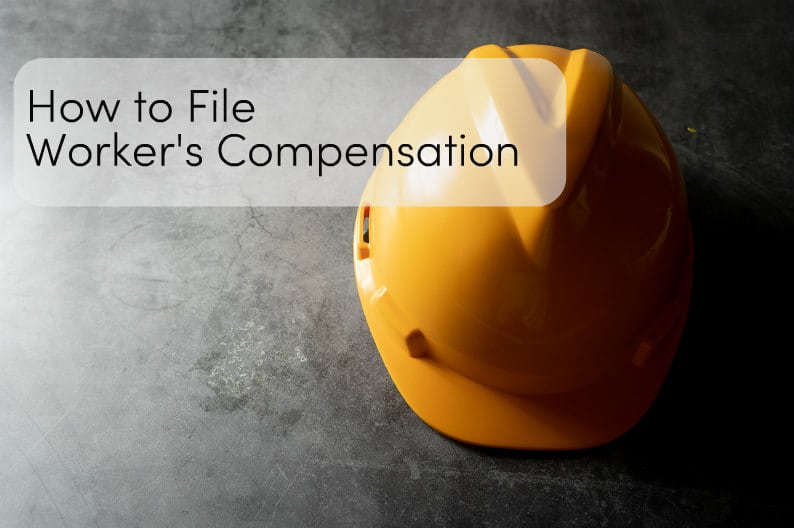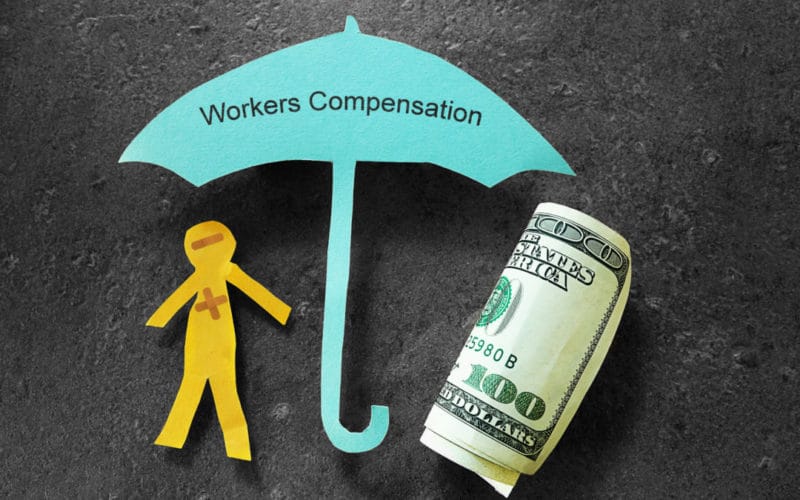Can I File A Personal Injury Claim While Collecting Workers’ Compensation?

When you are injured on the job, your recovery against your employer is limited to worker’s compensation benefits. Employees in all fifty states are covered under either federal or state workers’ compensation laws. This means that you cannot file a regular lawsuit for damages related to a workplace injury or illness against your employer. In legal terms, filing a workers’ compensation claim is your “exclusive remedy” for a work-related accident, cumulative trauma injury, or occupational disease.
There are some benefits to filing a workers’ compensation claim instead of a personal injury lawsuit. Rather than having the unpredictability of a lengthy lawsuit, workers’ compensation allows you to begin receiving monetary and medical benefits immediately, as long as you are eligible for those benefits. Your employer will begin payment of appropriate medical care, and you may also receive compensation for lost wages and permanent disability benefits if you are unable to work as a result of your injury or illness.
However, one cannot recover general damages for pain and suffering, or lost wages, from a worker’s comp claim. Your benefits will be limited to those allowed by the workers’ compensation laws in your state, and are usually tied to a percentage of your wages. If your claim is not based on severe debilitating injuries, it may be best to file workers’ compensation to begin immediately collecting benefits. It is important to note that if your workers’ compensation claim is denied, you still may not file a civil lawsuit against your employer. Instead, you can file a lawsuit with the Office of Worker’s Compensation for worker’s compensation benefits.
When Can I File Both a Personal Injury Lawsuit and a Worker’s Compensation Lawsuit?
If you are injured at work due to the negligence or wrongdoing of someone that is not your co-employee, then you may file a worker’s compensation claim against your employer, and a civil lawsuit against that other person. A common example is a car accident that occurs on the job. If you are driving for work, or you are on a work errand, and someone hits you, then you can sue that person for damages, but also make a claim for worker’s comp benefits. Another example is a situation where employees for different companies are present, like an oil rig. If you are injured due to the fault of an employee from a different company, you may have the right to sue that other employee and his company in a civil lawsuit, but also bring a claim for worker’s comp benefits against your employer. The key to bringing a civil lawsuit is that the person who caused your injury works for a different company; you cannot sue your co-employee for any damages, whether the injury occurs in a car accident, or at an oil rig. Also, your employer and their worker’s compensation insurance company is entitled to be reimbursed for some of the worker’s comp benefits they have paid out of the recovery from your civil lawsuit.When Can You File A Personal Injury Lawsuit Against An Employer?
There are some limited circumstances which still allow you to file a lawsuit against your employer in civil court. You are entitled to file a lawsuit if there was an intentional wrongdoing or intentional act that hurt you. To be able to sue your employer for intentional harm, your employer must have taken some action with the specific and direct intent of harming you. For example, an intentional harm could be your boss punching you in the face. This means intentional acts only, not your employer’s negligence at failing to protect your health and safety. Carelessness, even in the most extreme forms, is still insufficient to amount to an intentional harm in this case. If you are eligible to file a lawsuit against your employer in civil court, then you won’t be limited to the amounts provided by workers’ compensation benefits. In addition to the lost wages, reimbursement for medical treatment, and compensation for any permanent impairment, you may be able to include pain and suffering through a personal injury lawsuit. If you are eligible to file a civil lawsuit, or a worker’s compensation suit, or both, call or email our experienced workers’ compensation and personal injury attorneys for a consultation as soon as possible about your rights and whether or not to file a lawsuit. Statute of limitation deadlines for filing personal injury or worker’s compensation lawsuits in Louisiana is only one year. Contact Fischer & Procell today to schedule your free consultation in reference to a work-related injury, or personal injury case.
RECENT POSTS






